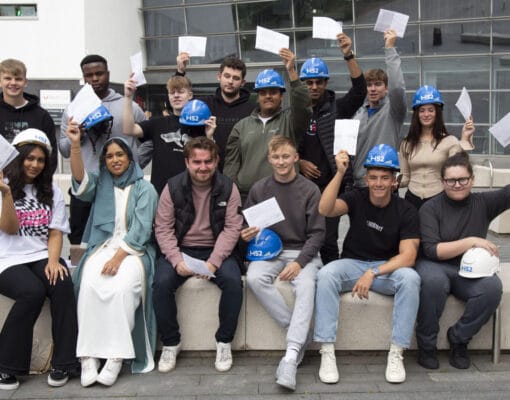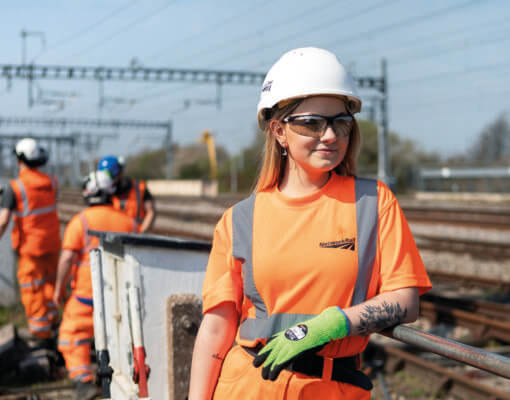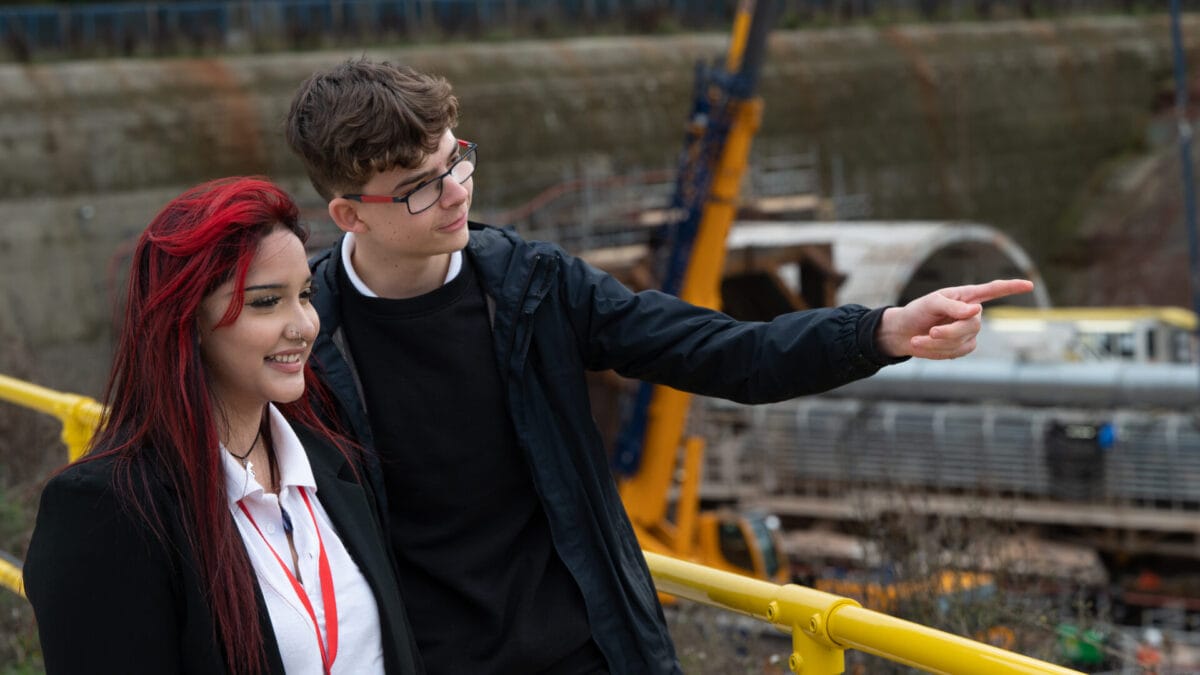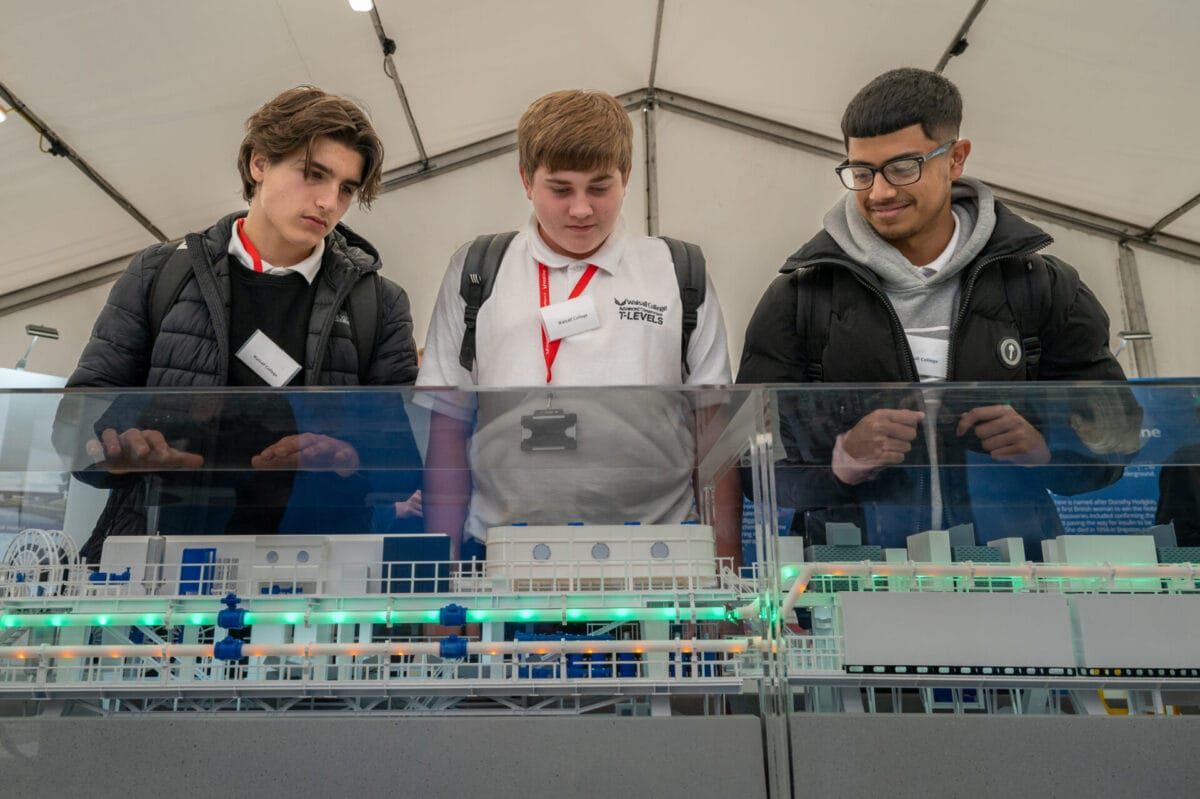The railway industry in the UK is full of exciting and innovative career opportunities. With hundreds of different job roles available, there’s something for everyone – whether you’re interested in engineering, cyber security, customer service, environmental management or even communications.
Railways are vital to the UK’s future, helping to connect people and places in sustainable ways.
If you’re looking for a hands-on, practical way to get started in the railway industry, there are plenty of routes to explore. From apprenticeships to volunteering, here’s how you can begin your journey into this exciting sector.




